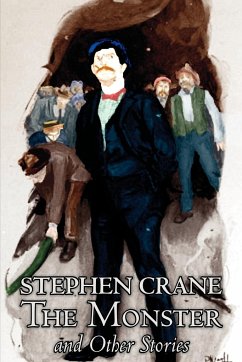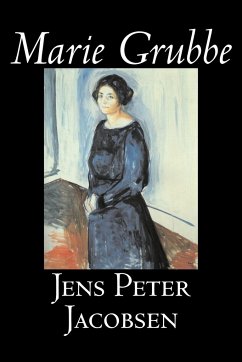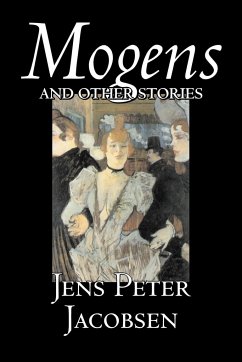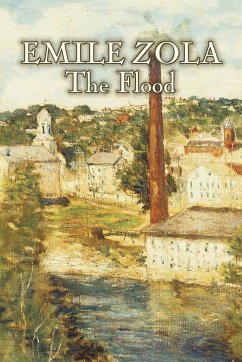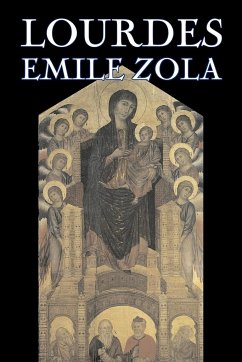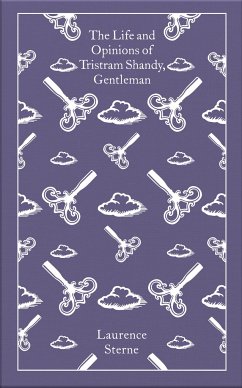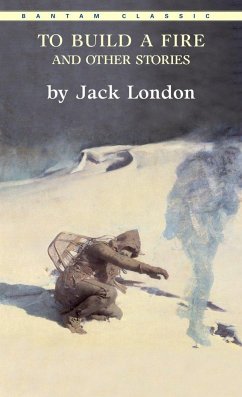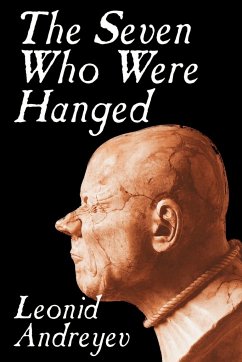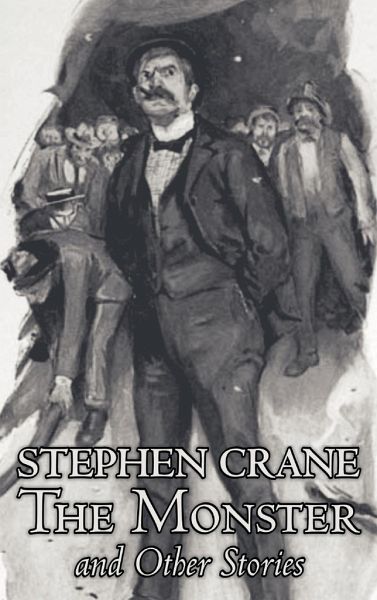
The Monster and Other Stories by Stephen Crane, Fiction, Classics

PAYBACK Punkte
12 °P sammeln!
Little Jim was, for the time, engine Number 36, and he was making the run between Syracuse and Rochester. He was fourteen minutes behind time, and the throttle was wide open. In consequence, when he swung around the curve at the flower-bed, a wheel of his cart destroyed a peony. Number 36 slowed down at once and looked guiltily at his father, who was mowing the lawn. The doctor had his back to this accident, and he continued to pace slowly to and fro, pushing the mower. Jim dropped the tongue of the cart. He looked at his father and at the broken flower. Finally he went to the peony and tried ...
Little Jim was, for the time, engine Number 36, and he was making the run between Syracuse and Rochester. He was fourteen minutes behind time, and the throttle was wide open. In consequence, when he swung around the curve at the flower-bed, a wheel of his cart destroyed a peony. Number 36 slowed down at once and looked guiltily at his father, who was mowing the lawn. The doctor had his back to this accident, and he continued to pace slowly to and fro, pushing the mower. Jim dropped the tongue of the cart. He looked at his father and at the broken flower. Finally he went to the peony and tried to stand it on its pins, resuscitated, but the spine of it was hurt, and it would only hang limply from his hand. Jim could do no reparation. He looked again towards his father. He went on to the lawn, very slowly, and kicking wretchedly at the turf. Presently his father came along with the whirring machine, while the sweet, new grass blades spun from the knives. In a low voice, Jim said, "Pa!"



